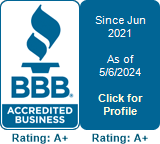On the simplest level, a sober companion accompanies an individual as needed to support them in achieving their addiction recovery goals. What exactly that entails varies from program to program, as the specific responsibilities a sober companion may take on often have to be tailored to the individual.
Remember that friends and family members are not sober companions, even if they are helping the person they care about stay on track with recovery. Sober companions are trained professionals with the perspective and experience to ensure the individual’s best interests are considered when making critical decisions on the road to recovery.
It’s also important to note that the role of a sober companion is generally determined by the person’s stage of recovery. Some individuals may require more hands-on, directive guidance, especially early on in the recovery journey. On the other hand, some individuals may come to rely on a sober companion to help them navigate high-risk situations on an as-needed basis.
When an individual requires a structured approach to sobriety, sober companions can serve as sober escorts where they’re designated to help individuals navigate specific routine challenges.











